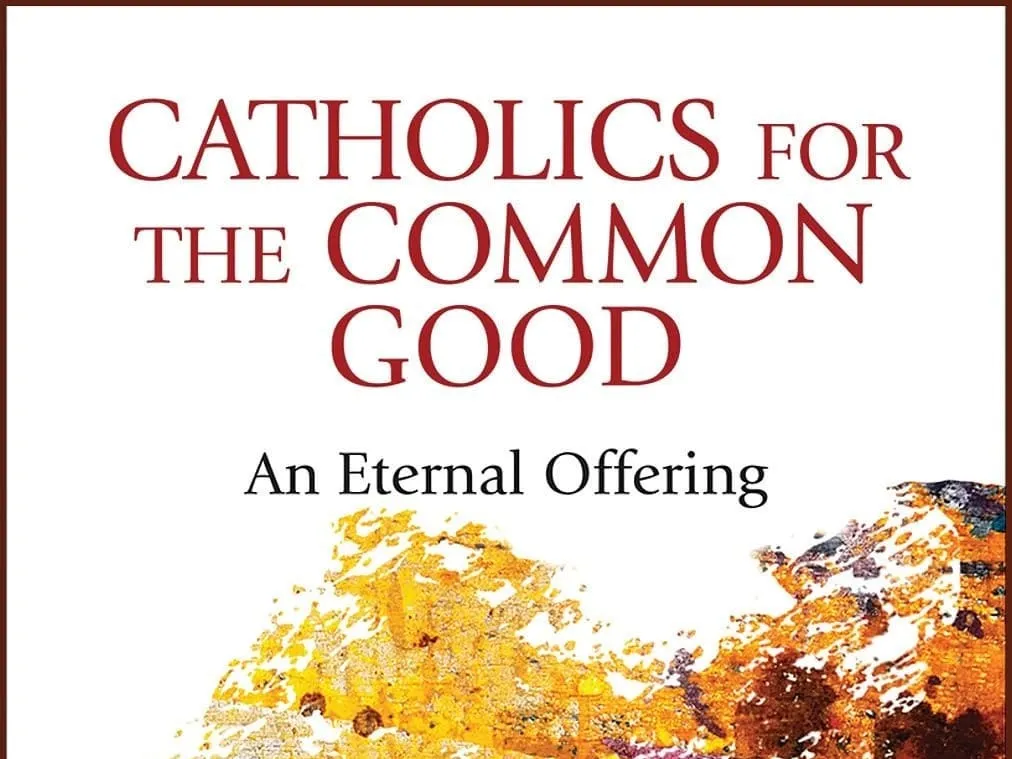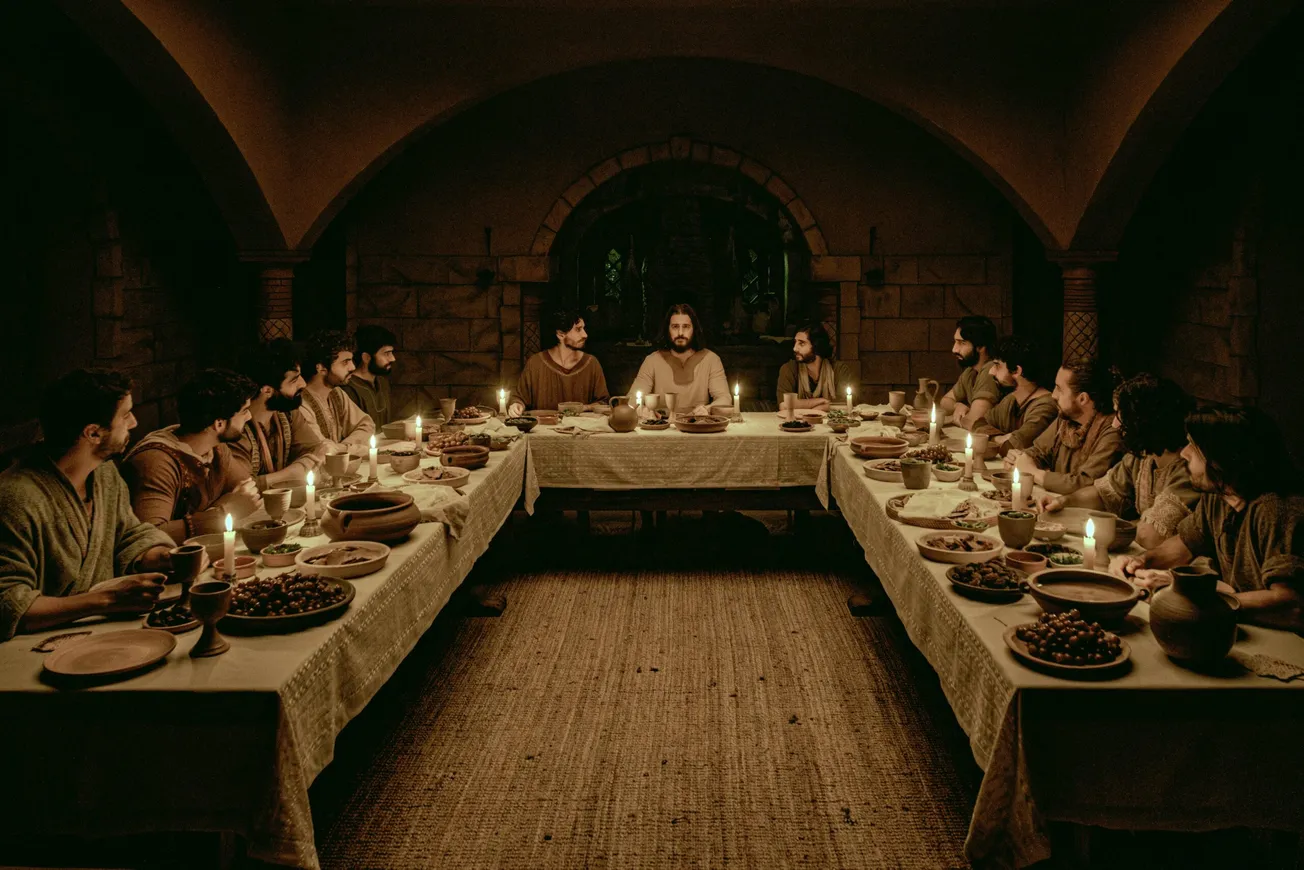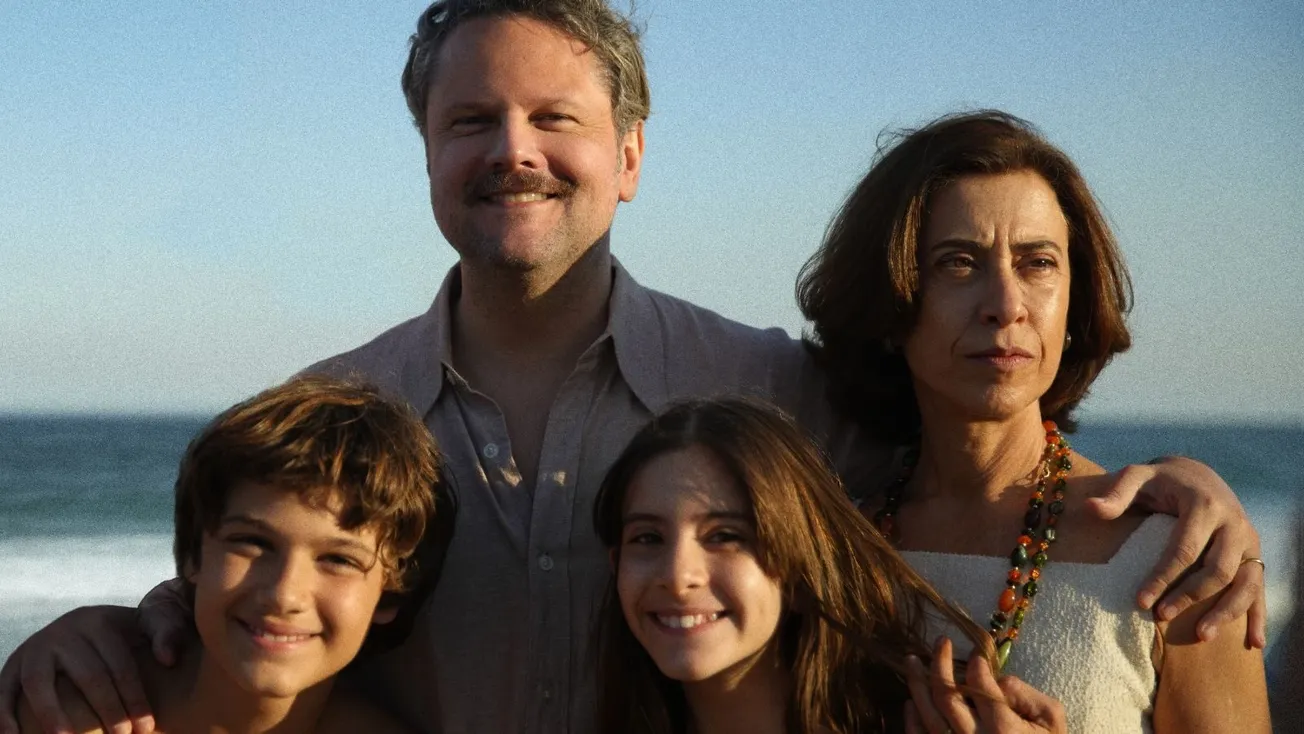Looking for something truly frightening this October? I recommend “Lovecraft Country” on HBO Max.
It was released last year, and I watched it. But now seemed like the perfect time to revisit it: Halloween is right around the corner, the show received a record 18 Emmy nominations over the summer (the most for a canceled horror/sci-fi show), it secured two Emmy wins, and it stars the recently deceased Michael K. Williams.
The show is an adaptation of a Matt Ruff novel by the same name, developed for TV by Misha Green. She has a very open relationship with her audience, even sharing all of her scripts—which I recommend you check out for yourselves.
The approach to the material is fresh and the characters, for the most part, are complex and fleshed out. It is a tale told through the repurposing of the horror tales from early 20th-century writer H. P. Lovecraft—whose narratives hinge the idea that the underlying horror of reality is so terrible that the protagonists go mad. They simply cannot cope with or counter the impending doom.
In “Lovecraft Country”, that is used to ironic effect: the main characters take much of the monsters in stride, precisely because the horror of reality in America is already known to them. The monsters simply are not so scary when compared to US racism. Framing these themes within a Lovecraftian imagination is particularly revolutionary because Lovecraft himself was a racist who used his literary talents to disparage Black people.
The show also has Christian themes and includes the Catholic-educated Wunmi Mosaku in a supporting role. Jamie Chung, who plays an important role in the show, reports having discovered her call to acting at a Korean Catholic camp.
I cannot think of a single actor on the show that did not understand their assignment. Every scene—no matter how crazy the scenario—feels authentic and real. The chemistry between the cast is amazing, and the narrative is woven together well, effortlessly touching on important themes of racial injustice, Black liberation, and the horror genre.
The show starts with Atticus “Tic” Freeman leaving the Jim Crow South to go back home to Chicago via bus. He and an elderly Black woman share a knowing look as they pass the border, and express their mutual relief. Despite this shared moment—they soon experience racism again as the bus breaks down and the help that arrives does not want to take on Black passengers.
Despite leaving the South, racism is still attacking them—maybe even more so in Indiana.
This will keep up a theme carried throughout: that racism is the horror that cannot be escaped—or can it? Embedded throughout the story is a struggle for liberation that has a bittersweet but hopeful conclusion.
Like “Watchmen”, another HBO show, “Lovecraft” also delves into the Tulsa Race Massacre, which plays an important role in the plot. This episode has some particularly hard moments, but finds a way to also include seeds of hope. There is a special focus on how our ancestors sacrificed for our future, and how we can liberate the traumas of the past by revisiting them.
The horror fan will find much to love in the show overall. It finds ways to weave in different horror subgenres with every episode, while also tackling different aspects of American racism—especially its various Northern varieties—and giving us some really great moments of the Black American experience.
In other words, it creates an authentic American horror experience that does not fall victim to the usual tropes of Black characters only existing as side characters or who only exist to die pointless deaths.
We learn at one point that Tic is a descendent, on his mother’s side, from a White family in Massachusetts with a connection to magic and a secret society—one which is misogynistic and racist, but needs Tic’s blood for a ritual because of his family connection.
Together with childhood friend and love interest Letitia “Leti” Lewis and his uncle George Freeman, Tic goes searching for his legacy, and for his father Montrose, who has gone missing searching for the same. To say that the legacy is mixed is to put it lightly. Tic has the gift of magic, but his connection and proximity to his White family and the power structures they maintain, along with the temptations that come from that proximity, are a source of destruction.
The show uses an anachronistic soundtrack and voice tracks—including James Baldwin and the 1970 poem “Whitey on the Moon”—to great effect. The show is rooted in the past, but looks forward to Black liberation by utilizing the entirety of the Black experience to paint a tapestry of the struggle and to illuminate it. This audiovisual tapestry that transcends time fits nicely with a show that involves time travel, Afrofuturism, and alternate dimensions.
Early on, some viewers expressed concern that the show dwelt too much on Black trauma. And there is quite a bit of it. It is not a completely unfair criticism. However, I think that, on the whole, the trauma is not extraneous to the plot. And the promise of restoration, healing, and redemption at the end makes up for a lot of it.
Sadly, some of that promised redemption will never be delivered, because the show was canceled. It seems that HBO was happy to have people watch us suffer for liberation, but not triumph in it.
Also, early on, an interesting Native American character is introduced: Yahima, an Arawak, two-spirit individual freed from a kind of time curse. Though we learn very little, we can gather that, within the show’s universe, the ancient magic fueling the drama of the show either has a connection to the Arawak language, or Arawak people have some knowledge of this magic.
Either way, we don’t get enough of this Yahima because they are dispatched quickly and without much ceremony. It’s an act of brutal violence against a gender nonconforming individual—and without a lot of reason. Green admitted that she failed with Yahima, and on second viewing, I must agree. They were used mostly for shock value, sad as it is to say. But despite this flaw, the show overall does a good job of not trying to turn those who are different into mere props in a horror show.
Ultimately, it is Leti’s faith that helps the heroes find a way out and a path towards liberation. This is what I found to be the most powerful part of the show. Key story elements and character development are connected to prayer, the communion of saints (ancestors), baptism, and Christian sacrifice.
The show bit off a lot, and I think chewed it all rather well. And, most importantly, during a time when many in the Church can only express horror and fear at Black Lives Matter, this show gave me hope that there can be real liberation in Christ from the true horrors we live with in this country—including in our church communities.
Gunnar Gundersen is an attorney in Newport Beach, CA. He serves in his parish council and choir, is a published essayist, and regularly lectures on natural law and the American Founding. He is also the first Ordinariate member of the Knights of Peter Claver. Follow him on Twitter at @GBGundersen.
Want to support our work? You have options.
a.) give on Donorbox
b.) give on Facebook












